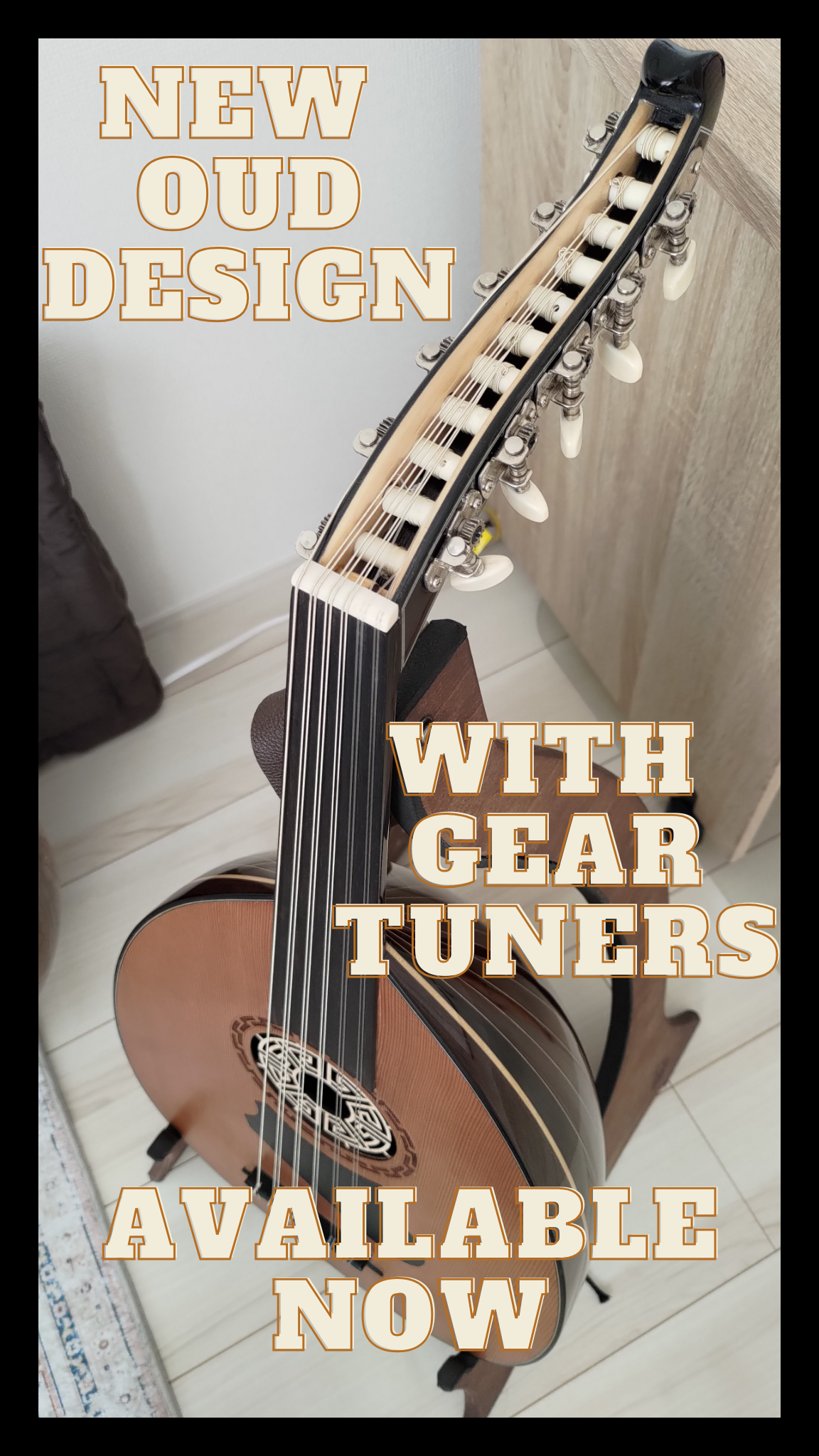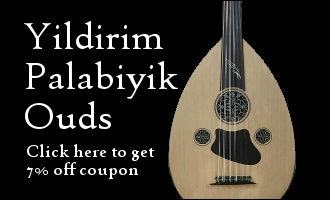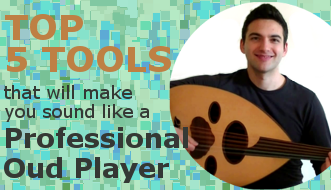Persian Music is EASIER to Learn Persian music is definitely not as popular among Western peoples as is Arabic and Turkish music. There could be many reasons for this, but I think the two biggest ones are: 1.) The political climate of the last 30 years has closed off Iran’s cultural heritage to the world to only a select few with the tenacity to pursue it. 2.) The music itself rather introspective,…
Read MoreSawt Al-Khaleej
Today you’re going to learn about a really important genre of Arabic music. This music is timeless and ancient. It is very different in tone and feeling than Arabic music in Iraq, Syria, Lebanon, Palestine, and Egypt. You can call it Sawt Al-Khaleej, or Sawt for short. Sawt music is the Arabic music I find very intriguing. The rhythms are very unique, and the Oud playing is absolutely furious.…
Read MoreLearn Guli Ya Hilu on Oud
A few weeks ago you learned how to play a basic Jurjunah (Jurjinah) Rhythm on the Oud. Now it’s time to learn an actual song in this rhythm. We’ll learn Guli Ya Hilu, a well-know traditional Iraqi song. Check out the video below. Guli Ya Hilu is in an obscure Maqam called Lami. For information about this maqam listen to Jamil Bashir’s taqsim. You can also check…
Read MoreThe Difference Between Persian, Arabic and Turkish Quartertones
If you don’t know anything about me, the first thing you should know is that I only started listening to Arabic and Turkish music about 8 or 9 years ago. I’m Persian, I grew up listening to traditional Persian music, and the bulk of my musical education is in Persian music. So when I started to listen to Arabic and Turkish music I noticed that the quartertones (or…
Read MoreThe Amazing SlowDowner
Remember my posts on Farid Al Atrash Taqsim Al Rabeea? How did I learn some intricate parts of his taqsim, especially the really fast parts? I used an Oud learning tool called the Amazing SlowDowner. It’s a nice little app I downloaded to my phone. It’s great for practicing songs, transcribing them, and learning them by ear. One of the problems Oud players often have is tuning our…
Read More6 Mini Scales That Create Maqam Music
In this week’s video, I want to share a shortcut with you. A shortcut that will help you learn maqam music. If you’re just learning the Oud or Middle Eastern Music, then you’re going to eventually learn how to play a maqam. I know that maqams are really, really hard to get into. When I started learning, I didn’t know what maqam I was hearing or playing… But…
Read MoreFarid Al Atrash Taqsim Al Rabeea Part 2
Improvisation is a hot topic in Middle Eastern Music… Improvisation is a very interesting topic in Middle Eastern music that demands a lot of study. Farid Al Atrash was one particular master of improvisation and known for a very distinct, flashy style. A lot of Oud learners struggle with this because often the concept of improvisation is very different in Western music. There is Jazz improvisation……
Read MoreFarid Al Atrash – Taqsim Al Rabeea
As you may know, I’m from Iranian background and I grew up in that culture in Canada. It wasn’t until about 8 years ago I started to really listen to Arabic music. Over that time period, I’ve really seen some interesting cultural differences through both music cultures. Iranians are expected to stay dead quiet until the end of a performance… Iranian musicians and performers expect their…
Read MoreBaba Bahri with Advanced Oud Techniques
Folk songs are often the most simple and beloved songs in the Middle East. They are easy to learn often because they are repetitive. Folk tunes are often very happy and soul-full. They are timeless, and then never get old or out of style. They also teach you the most about musicality, in my opinion. And when I say “Folk”, I’m not talking about Bob Dylan or Billie…
Read MoreBaba Bahri
Want to learn a song on the Oud in under 5 minutes? Baba Bahri is the way to go. Not only can you learn a new song quickly, but you’ll also learn another rhythm. Not a bad deal if you ask me… Oh yeah… and if you like notation… Baba Bahri Baba Bahri is often found played as a medley with Sidi Mansour. Listen to the recording below and…
Read More




